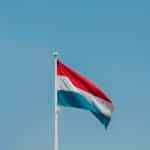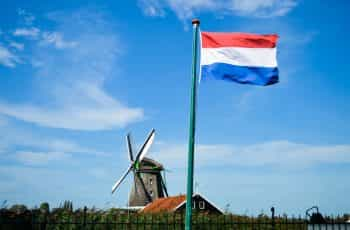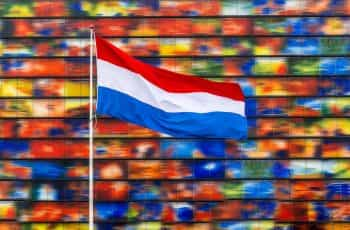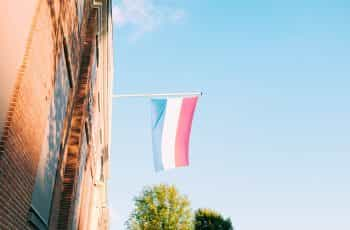Blue High House Facing Flak and Fines in the Netherlands
Central American iGaming operator Blue High House is facing strict disciplinary action in the Netherlands after it was caught offering online games of chance via one of its online gambling domains that has not been licensed by the Dutch Gambling Authority, Kansspelautoriteit (KSA). As a result, the regulator has brandished a cease-and-desist order against the operator. If Blue High House fails to adhere to this request, the regulator will be forced to issue a weekly penalty of €43,000 with a cap of €129,000.
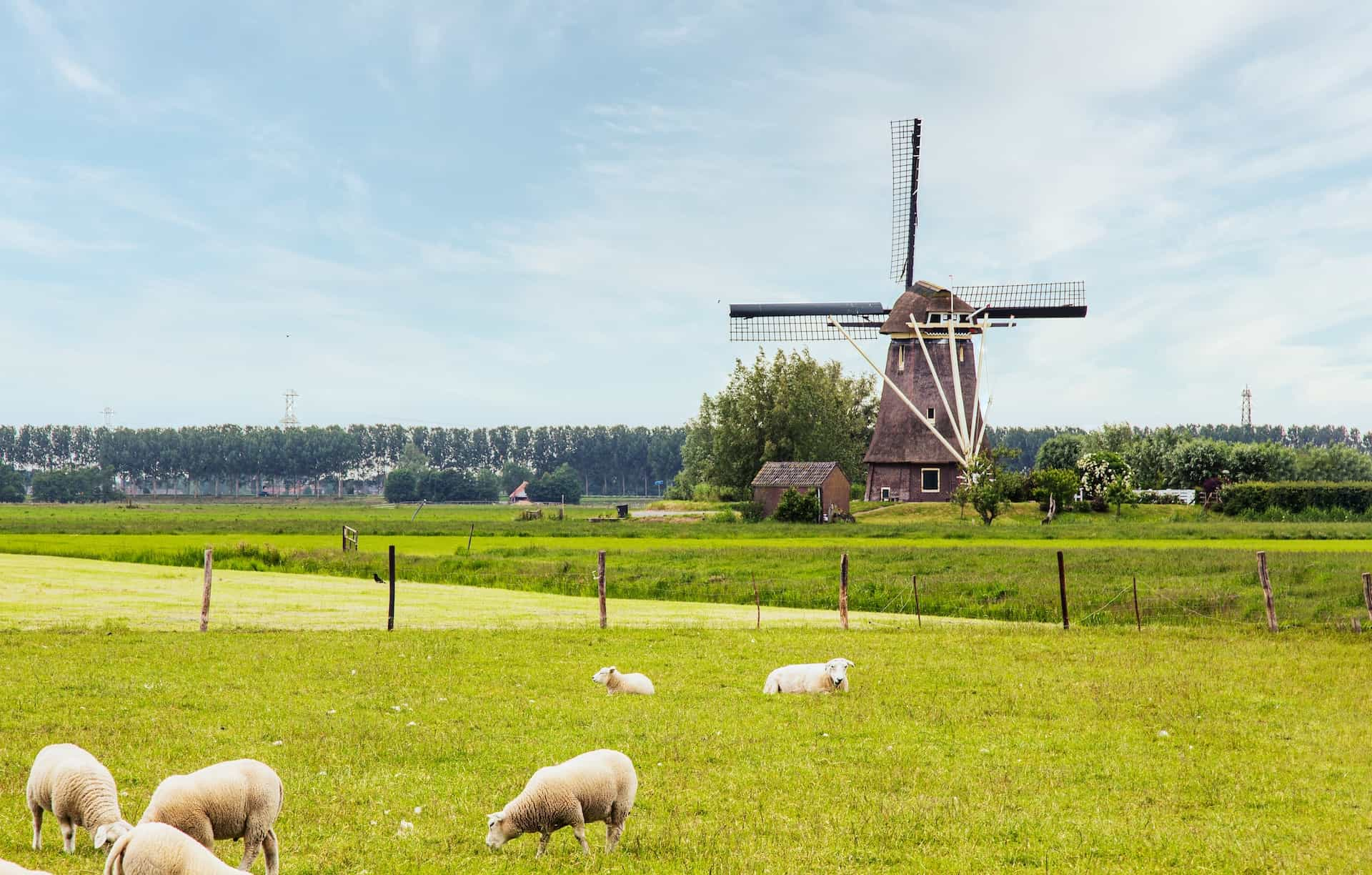
Big High House penalized for unlicensed operation in The Netherlands.
©E Mens/Unsplash
The gambling market of the Netherlands was home to a plethora of gambling operators when it was unregulated. Two years ago, the nation opted for regulation, and the KSA was instated as the country’s central and sole regulatory and supervisory authority for all forms of gambling. Renowned gambling brands like LeoVegas, Kindred, and more exited the Dutch market before the KSA took over. However, most of the operators that left intended to return with a license. Continuing operations in the Netherlands without a valid KSA-approved permit would have been a risk and could have tarnished any operator’s credibility if the regulator had detected an illegal operation. While the big names exited the markets, several other smaller operators continued offering online gambling and sports betting to the Dutch audience until the KSA detected their activity and issued cease-and-desist orders against them. The ongoing fight against illegal operators takes up much of the regulator’s time and resources. Still, the KSA works hard to maintain its market’s integrity and performance.
The growth rate of the Dutch gambling market has slowed down a bit over the past few months but is expected to rise soon as more operators enter the jurisdiction. In July this year, the gross gaming revenue (GGR) from licensed gambling operators was €1.33 billion. A positive statistic in January this year showed that 92 percent of the total Dutch gamblers preferred gambling exclusively on the platforms of licensed operators. The Gambling Act (Wok) is quite consumer-centric to ensure player safety and keep harmful gambling and illegal operators at bay. It also includes a few additional directives that have displeased a few operators. One of those directives includes banning gambling advertising and marketing in public places and on media platforms. Many European gambling jurisdictions allow licensed operators to conduct advertising activities. Still, a few have decided to place a blanket ban on it while other countries are contemplating doing the same. The Dutch Ministry of Justice published a regulation banning untargeted advertising for online games of chance that went into effect in July this year.
As the growth rate appears to stagnate, the KSA is not worried because, according to the regulator, the progress is meeting expectations. The primary concern for the Authority is fighting illegal gambling and boosting the licensing process. MGM-owned LeoVegas recently reentered the Dutch gambling market but had to wait over a year for its permit. Significant delays in the permit approval and issuance process forced gambling industry giant Betsson to withdraw its application in the Netherlands earlier this year. Hence, boosting the speed of this process is one of the KSA’s primary objectives. In the latest development, the KSA has imposed a cease-and-desist order against Blue High House SA on the illegal gambling combat front. The Panama-based operator offered online gambling to Dutch gamblers via one of its domains (betonline.ag), which is not licensed to operate in the Netherlands. If the operator continues its illegal operation, the regulator has confirmed that it will issue a €43,000-per-week fine with a cap of €129,000.
According to reports, the KSA commenced the investigation of Blue High House in December 2021. The findings showed that individuals in the Netherlands could create a player account, make a deposit, and place bets. The Panama-based operator offered online gambling in Argentina via the domain and should have implemented technical measures to restrict access to the Dutch audience. The operator required users to fill in personal details as part of the registration process. The Netherlands was selected automatically as the country of residence for sign-up, and the Dutch +31 country telephone code was also automatically completed in the phone number section. Investigators logged into the site again in August this year and discovered it was still possible to gamble on it via a Dutch IP address. Blue High House attracted many Dutch gamblers to multiple domains accessible in the Netherlands. However, the Central American operator is expected to block the Dutch access and withdraw from the jurisdiction; otherwise, it will face a hefty penalty.
KSA Granted SCGO An iGaming License Earlier This Year
SCGO Limited joined the regulated market of the Netherlands in July this year after the KSA granted the entity a B2C license, which allows the operator to offer chance-based games online to gamblers who reside within the Dutch jurisdiction. The license, which went live on June 23, 2023, will be valid for five years. The Malta-based iGaming operator became the 24th licensed B2C entity to enter the Dutch jurisdiction and must follow all Remote Gambling Act (KOA) directives to avoid penalties and sanctions.
Since its establishment about 14 years ago, the Maltese operator has entered multiple regulated gambling jurisdictions. The brand itself will not enter the market but will launch operations via one of its subsidiaries, Vbet. The online betting company has entered over ten regulated gambling markets around the world. As the activity around online sports betting increases in the Netherlands, it is the perfect time for Vbet to make its presence felt and create a loyal customer base.
Two Unlicensed Operators Fined in June
Earlier this year, the KSA detected two more online gambling operators offering services to Dutch nationals without a valid license. The two guilty operators were Costa Rica-based Winning Poker Network and Malta-based Goldwin Limited. They were initially issued a warning and a cease-and-desist order, after which Goldwin Limited stopped its operation and paid a fine of €239,000. Meanwhile, Winning Poker Network faced weekly fines worth €25,000, with a maximum of €75,000, after failing to stop its illegal operation in the Netherlands.
The Costa Rican operator could have dodged the penalty because it had acknowledged the Dutch regulator’s warning and restricted access of Dutch nationals to its domain americascardroom.eu. However, the operator also owns another domain (truepoker.eu), which remained accessible to individuals in the KSA’s jurisdiction. Due to this lackadaisical approach, the Dutch Gambling Authority was forced to impose weekly fines till Winning Poker Network completely withdrew from the Netherlands.
